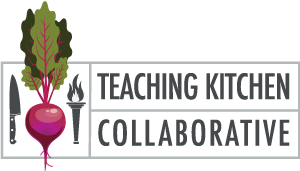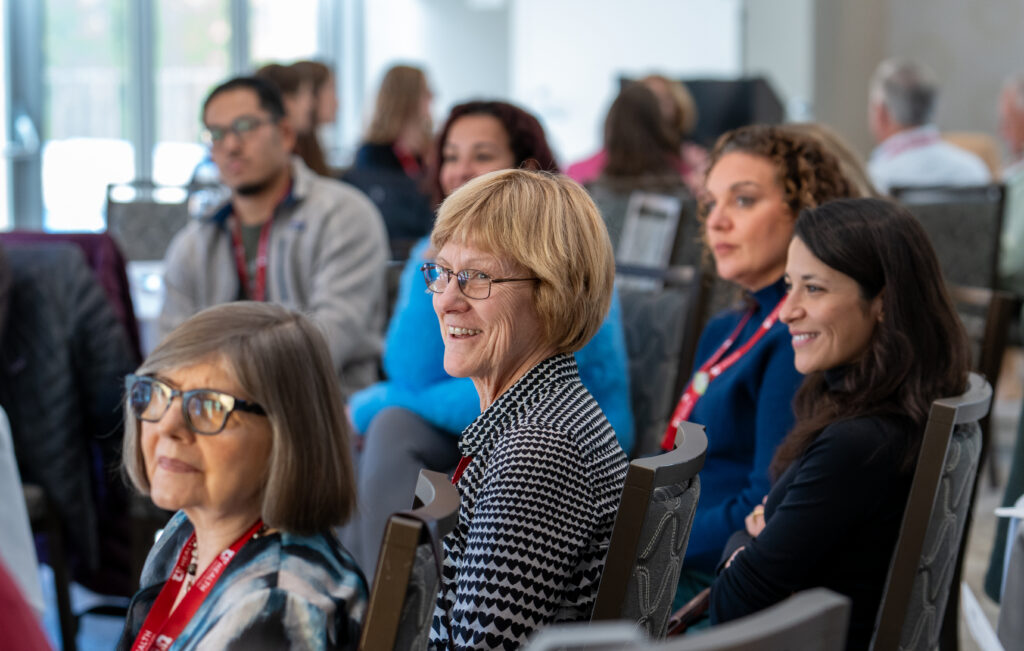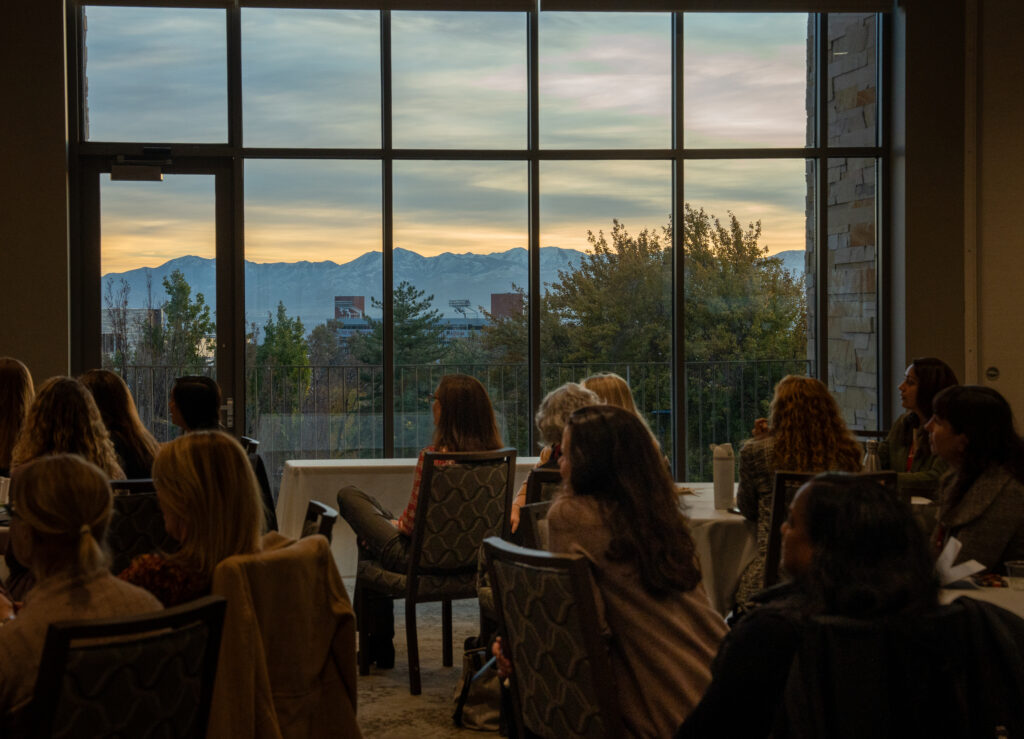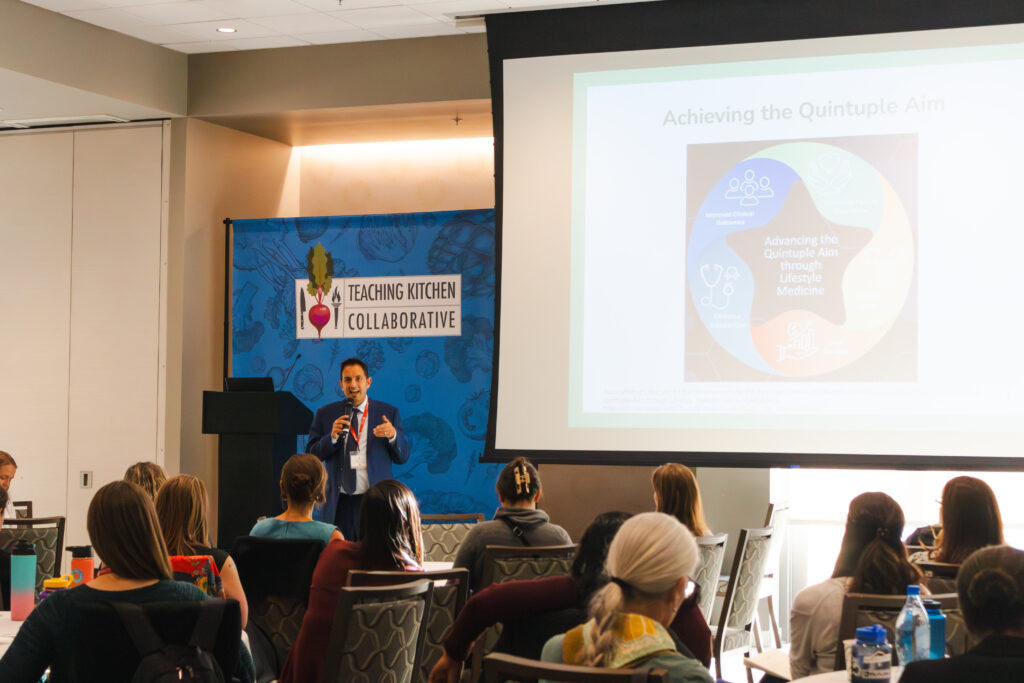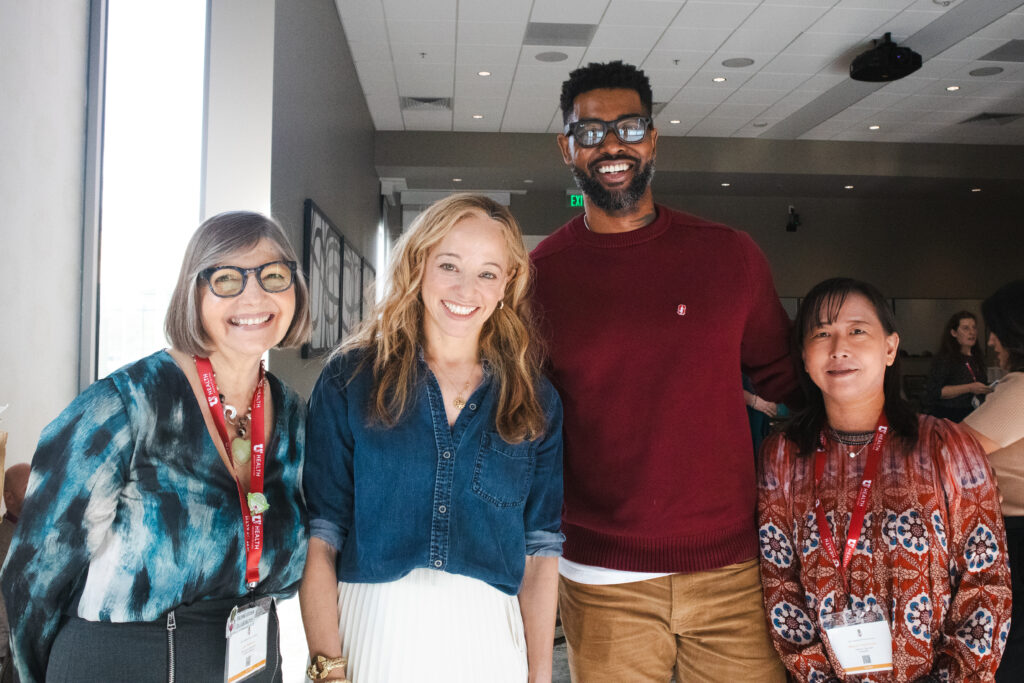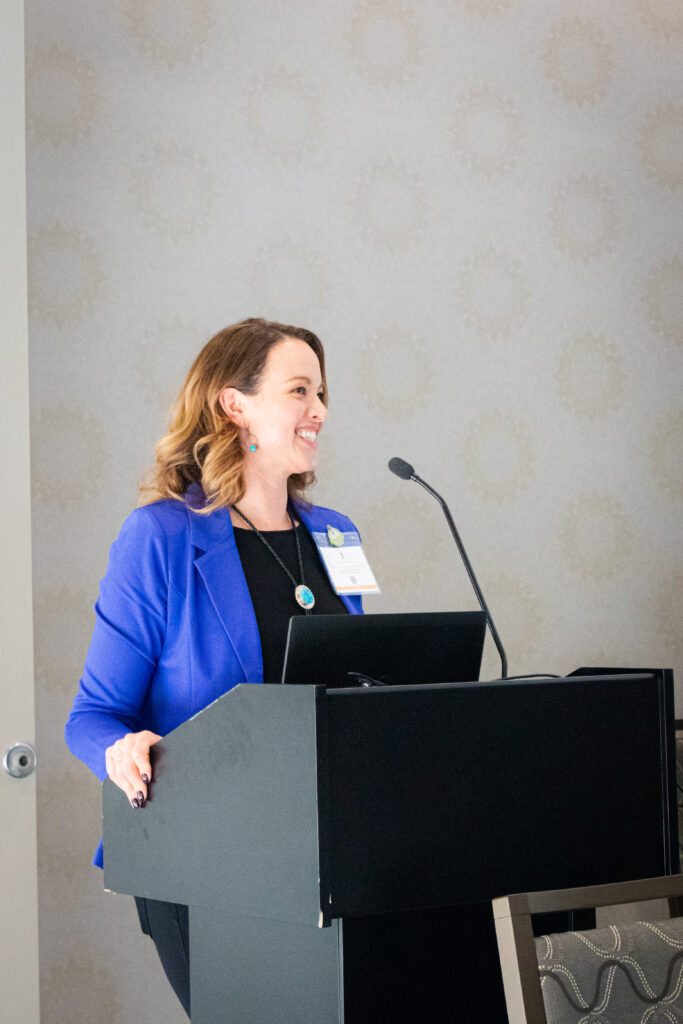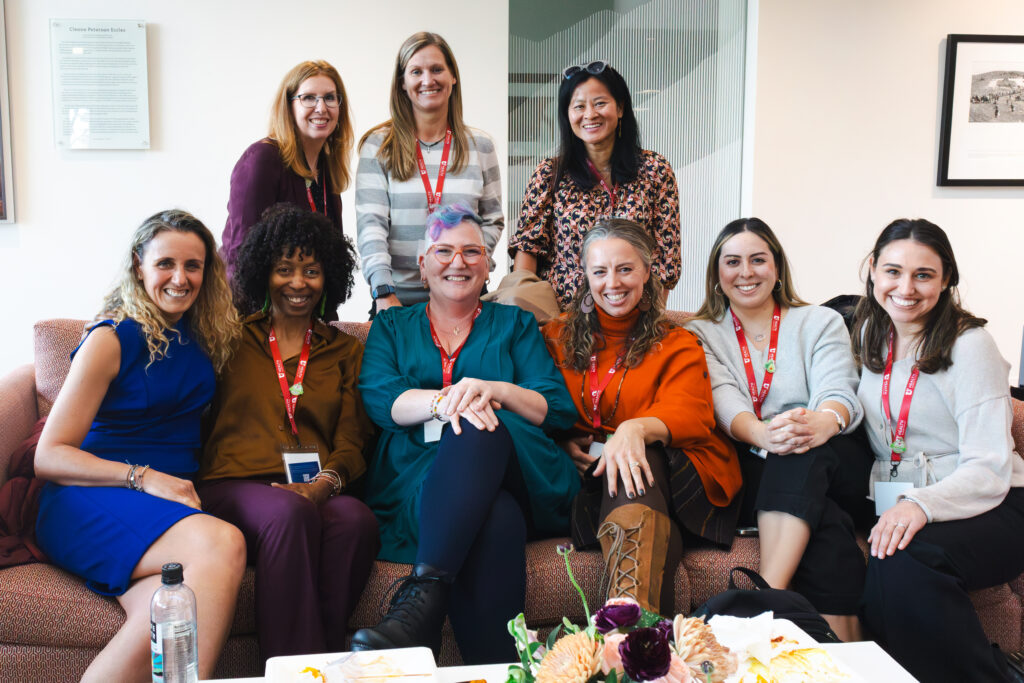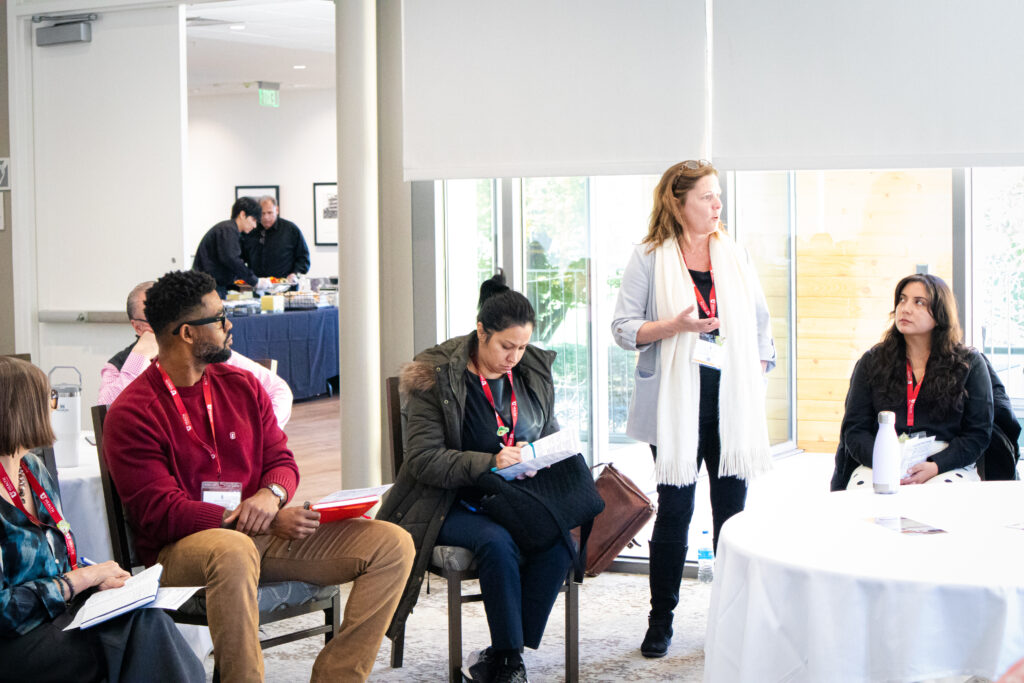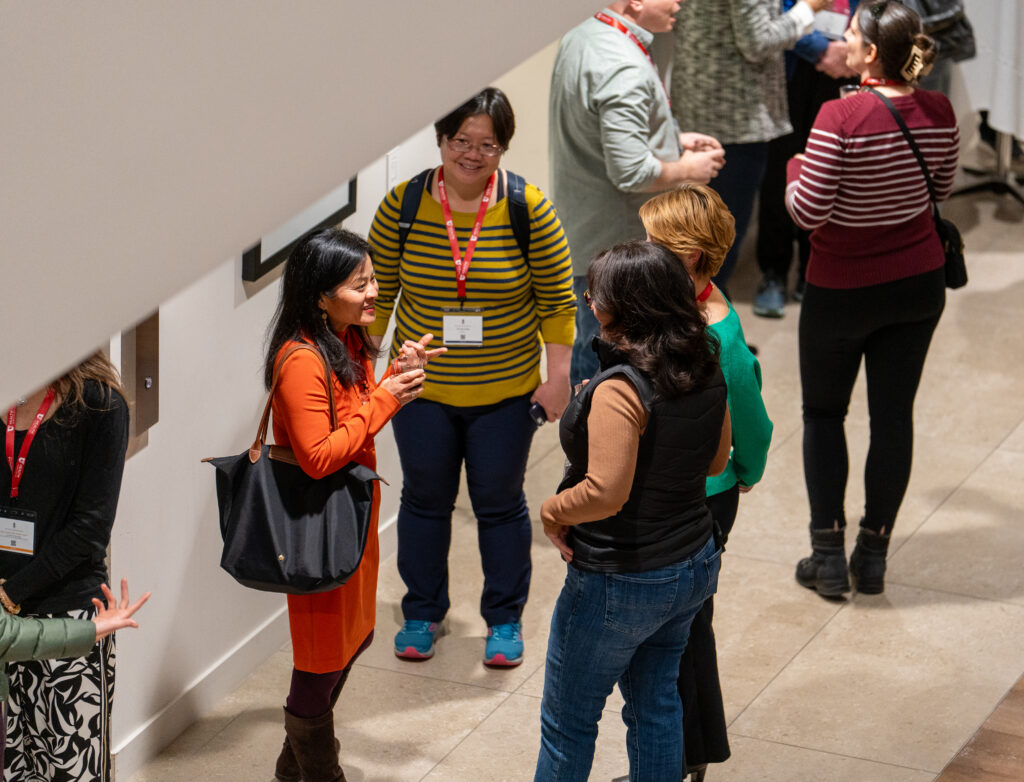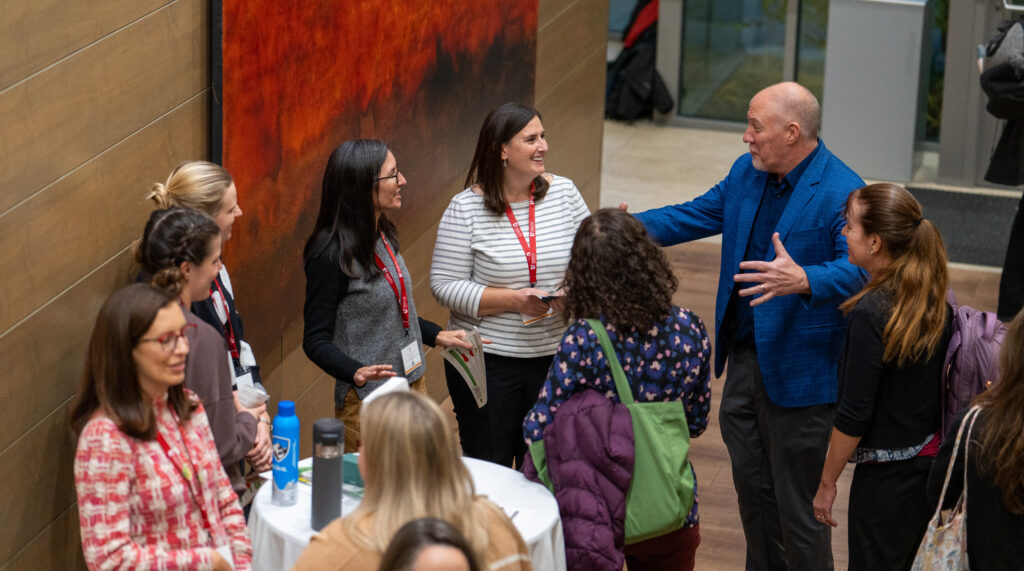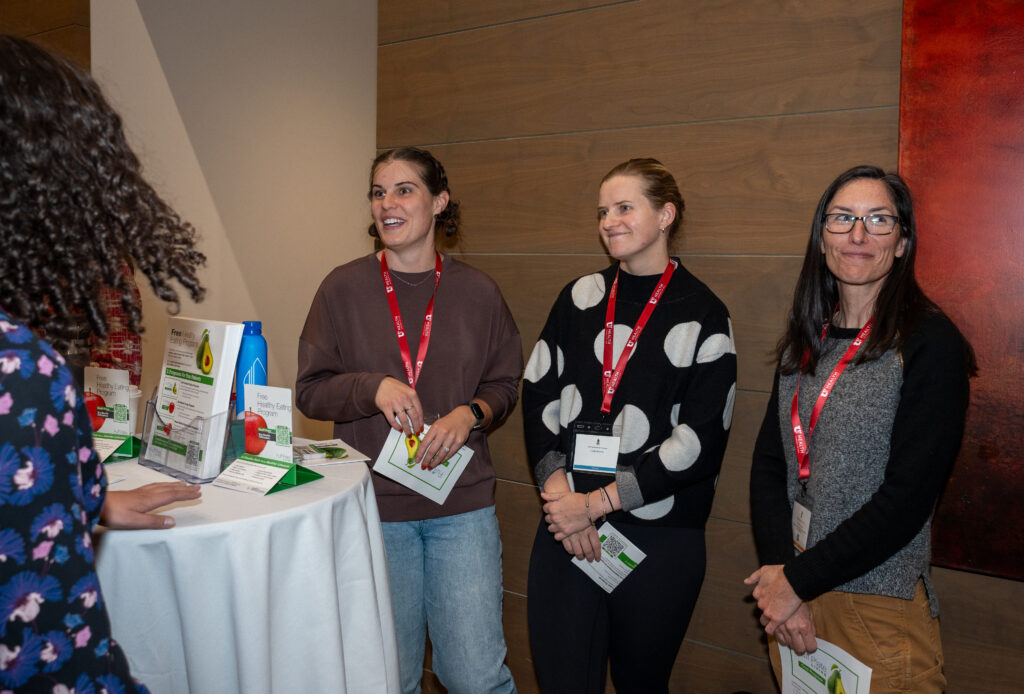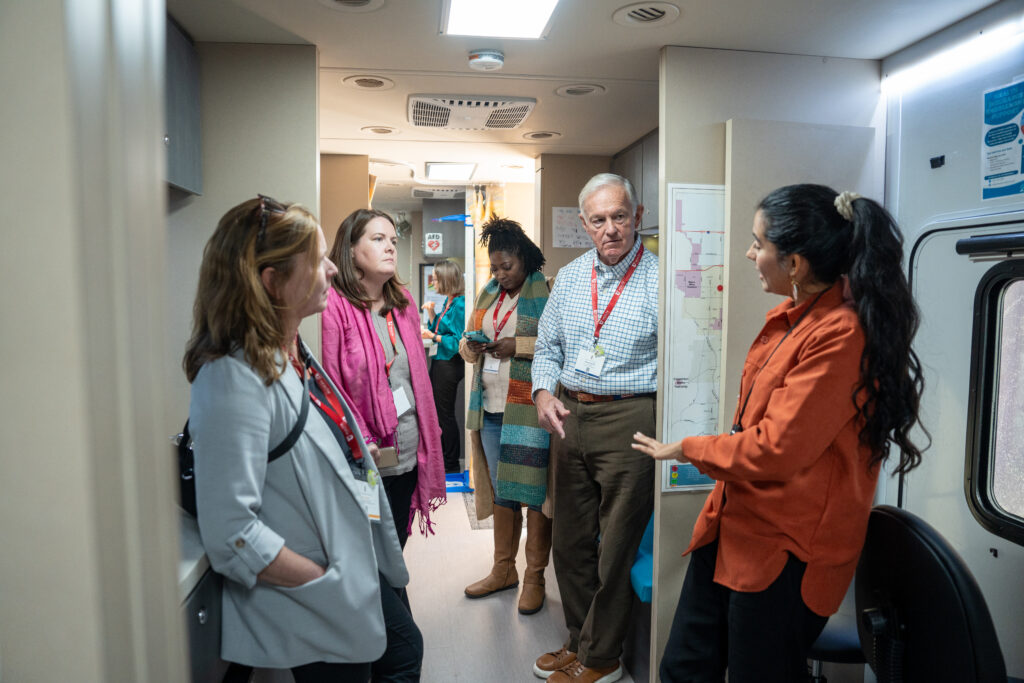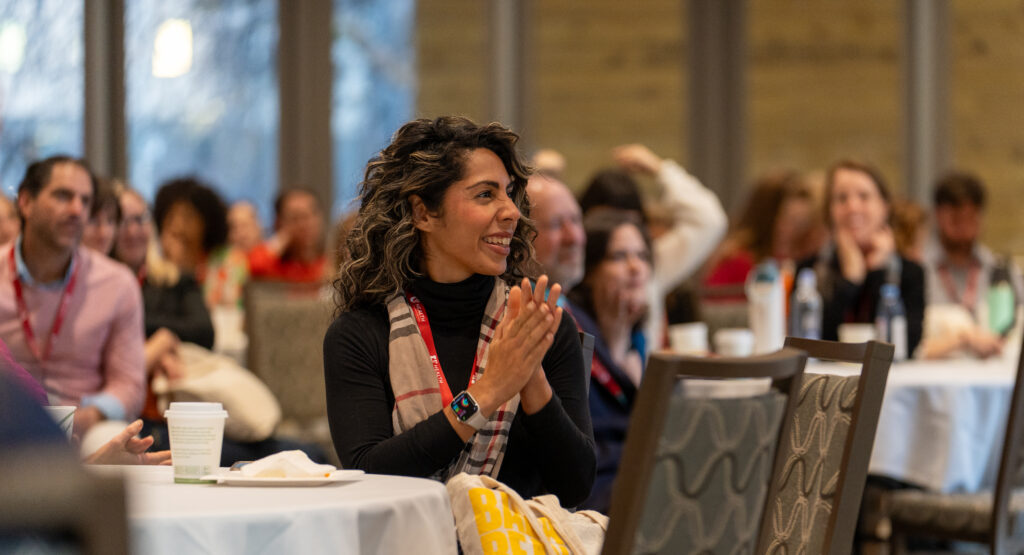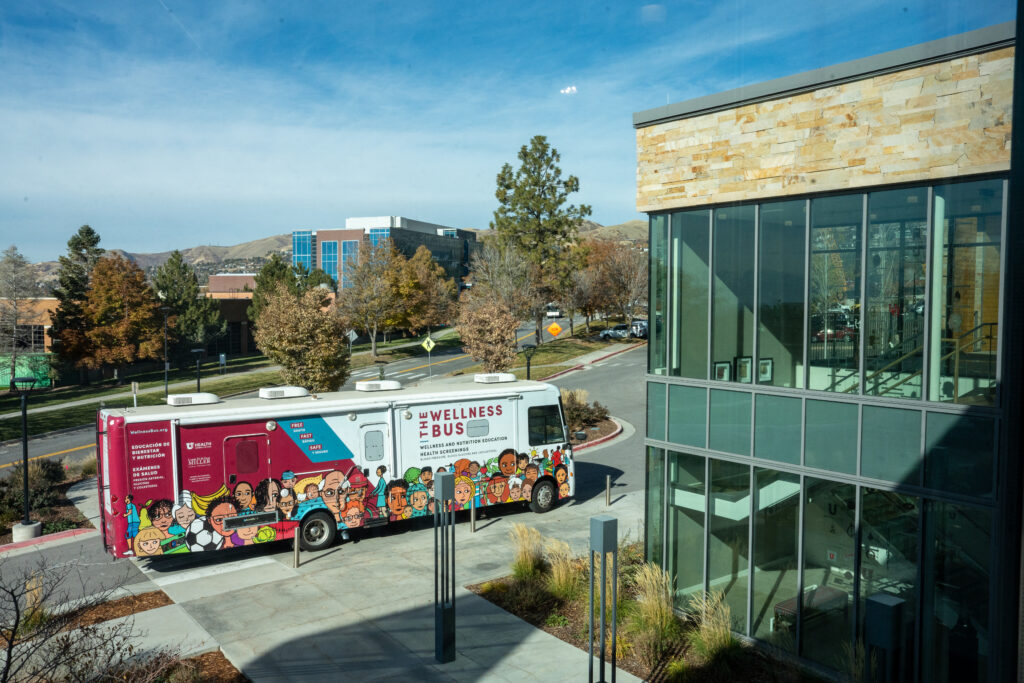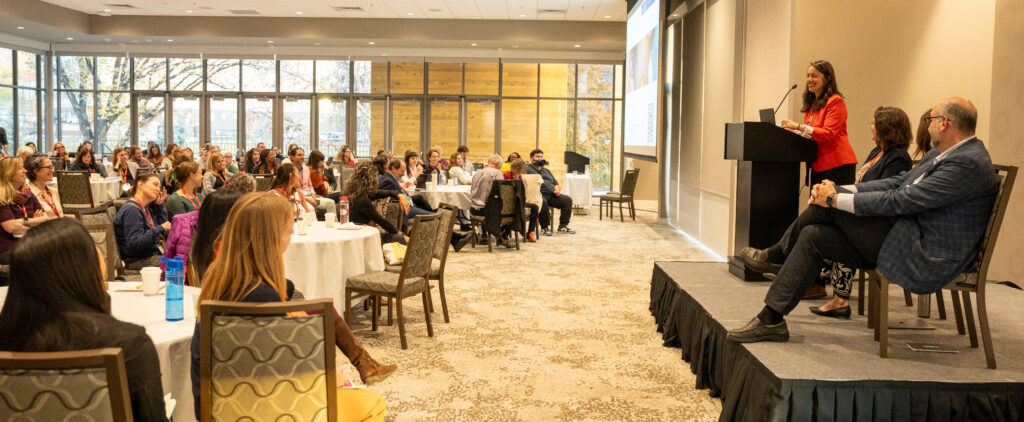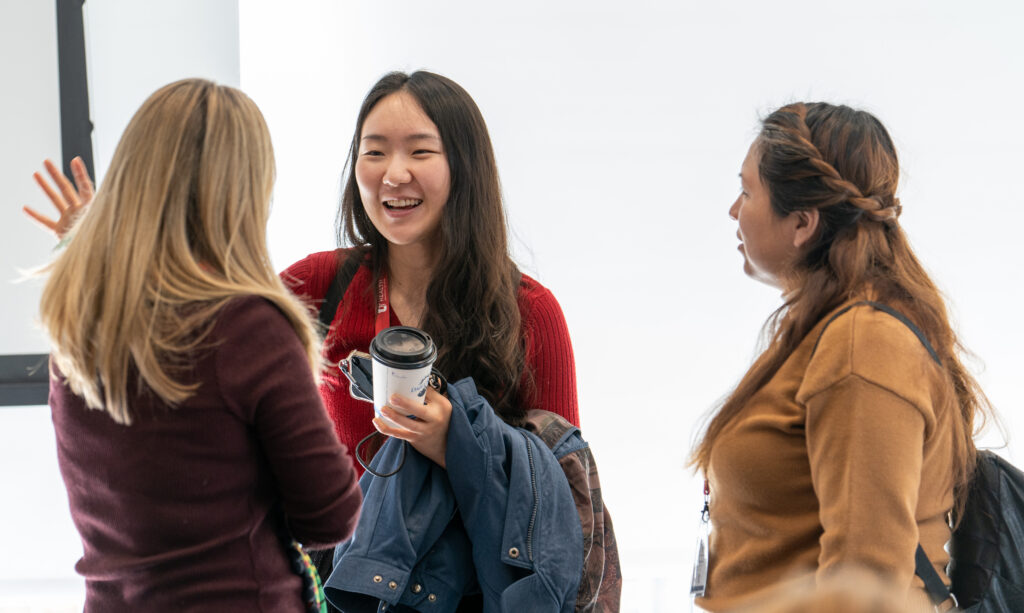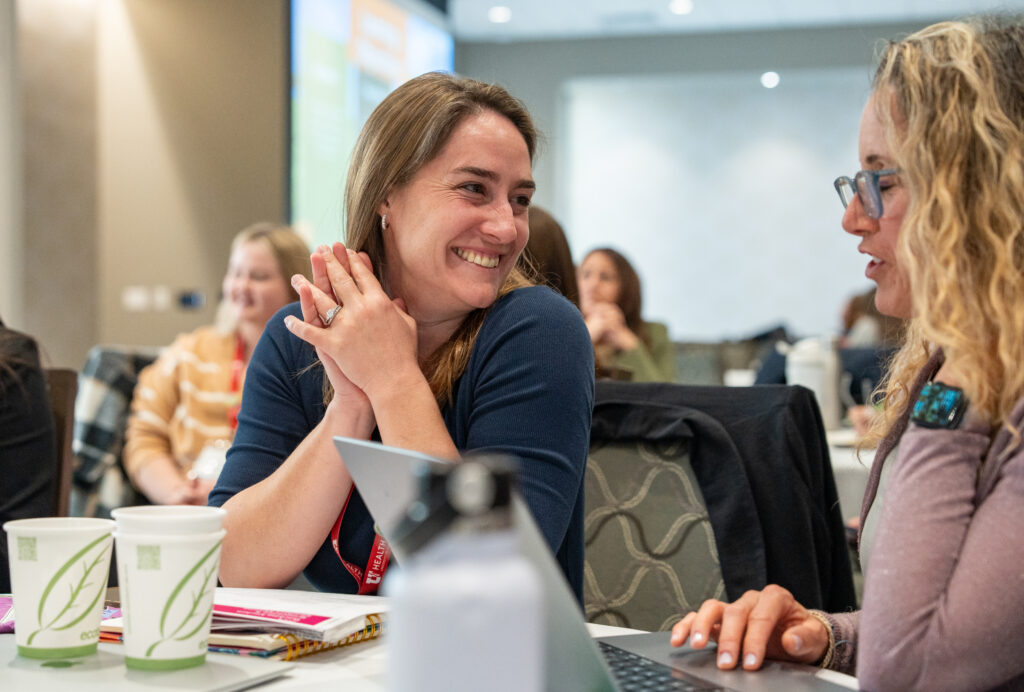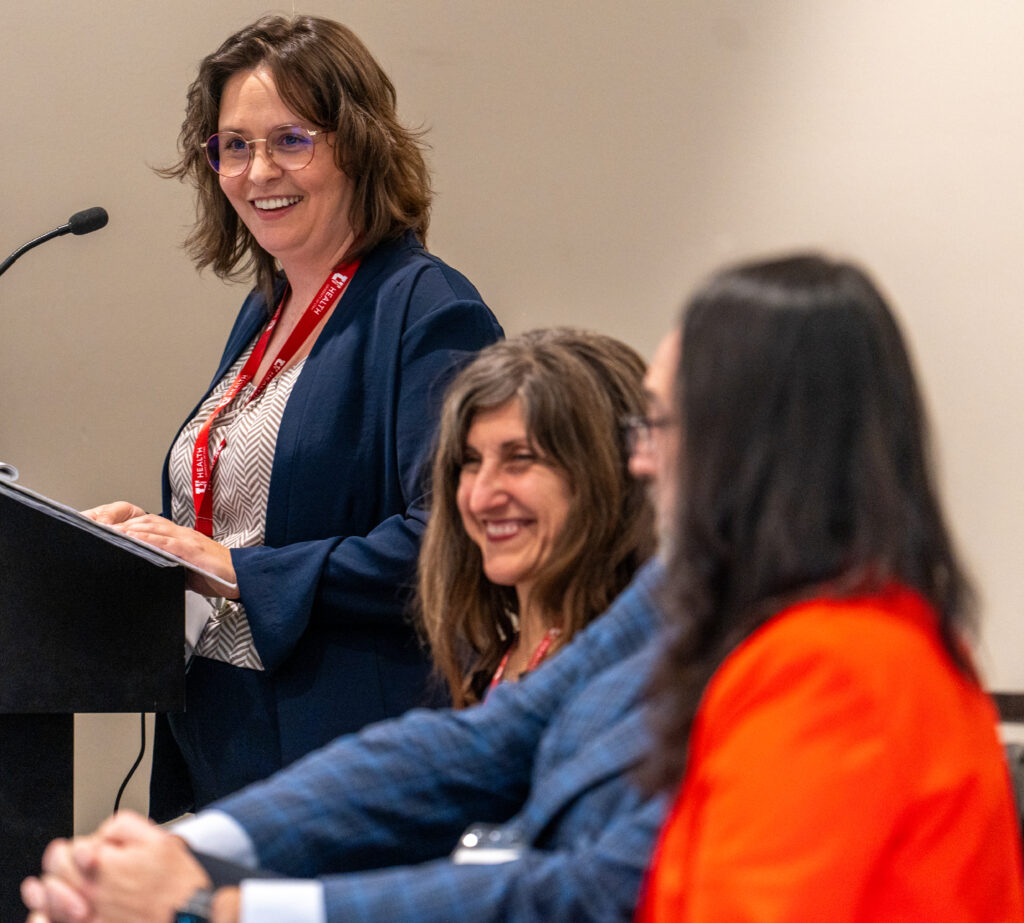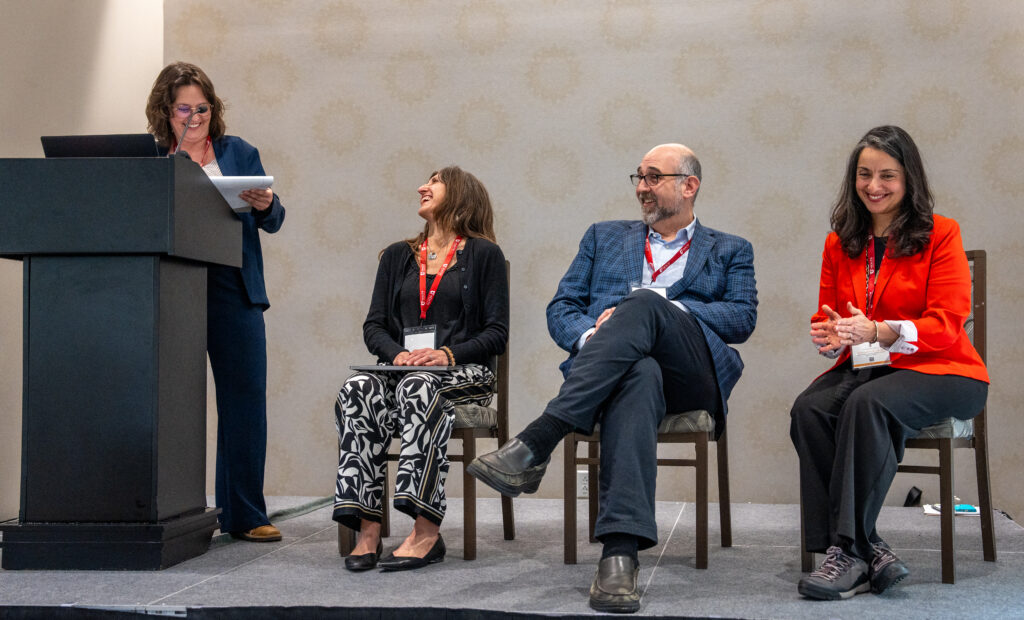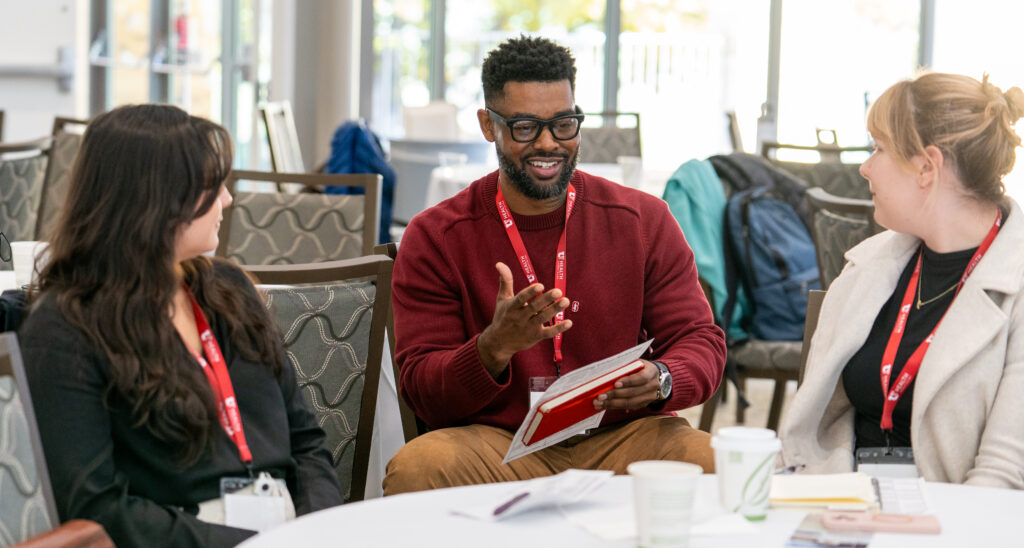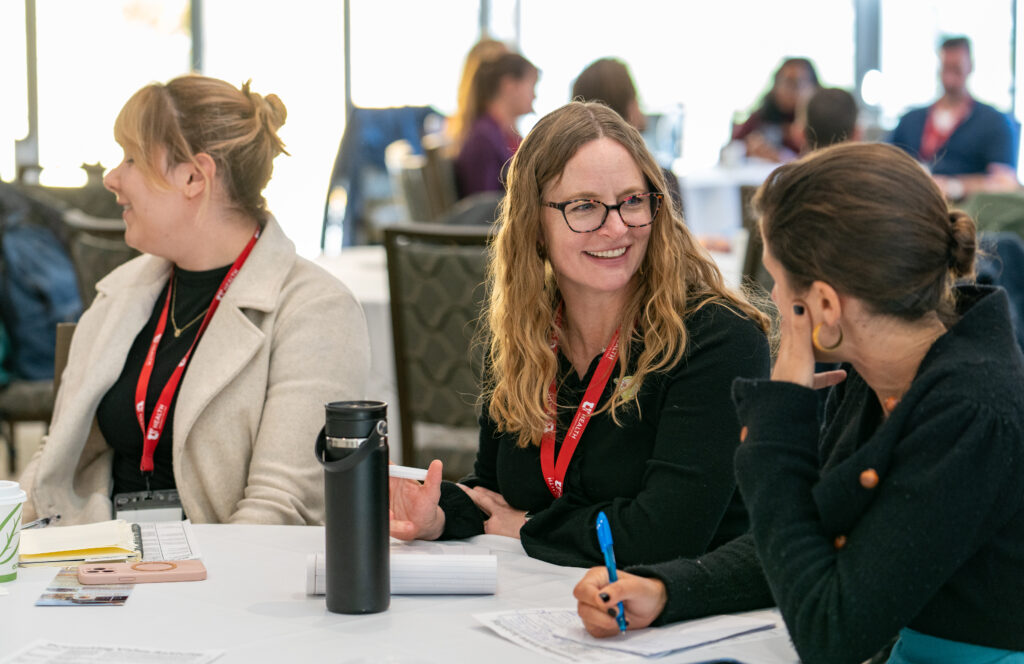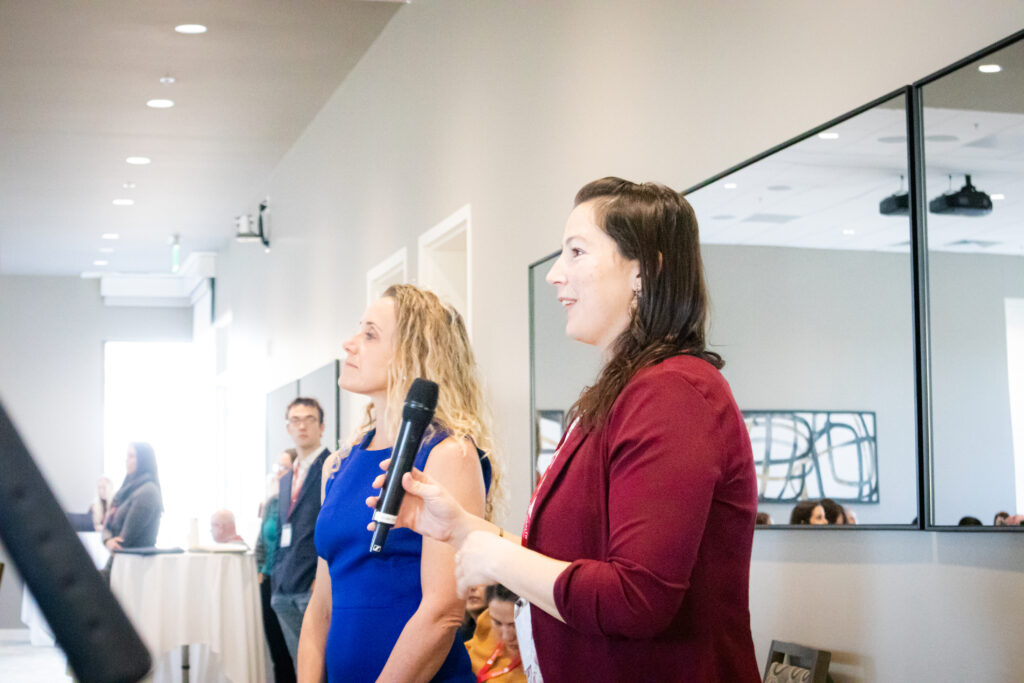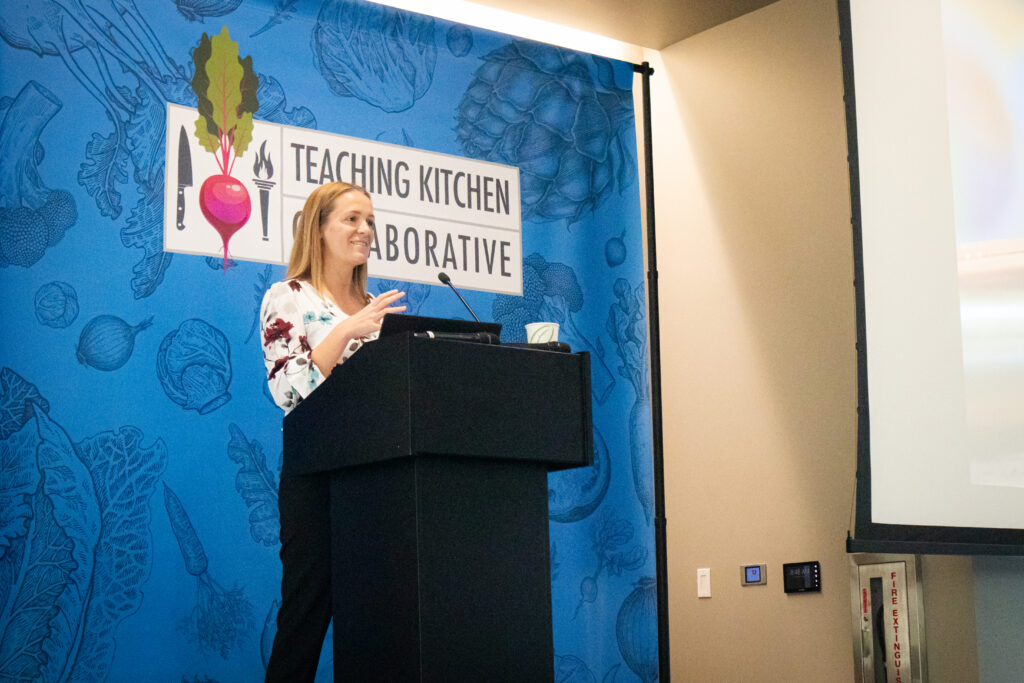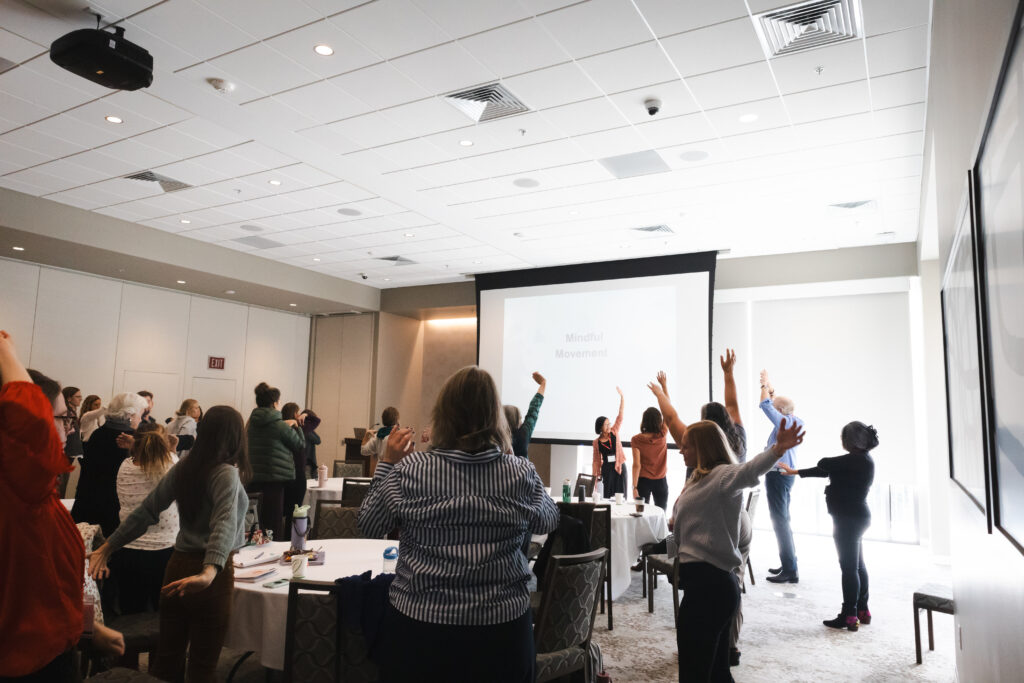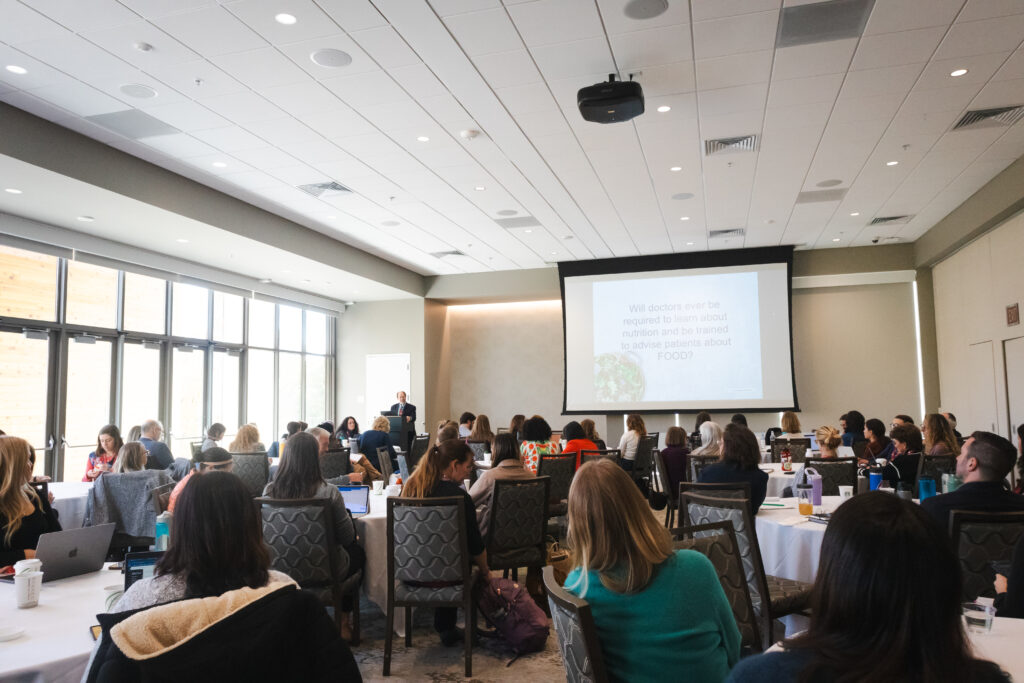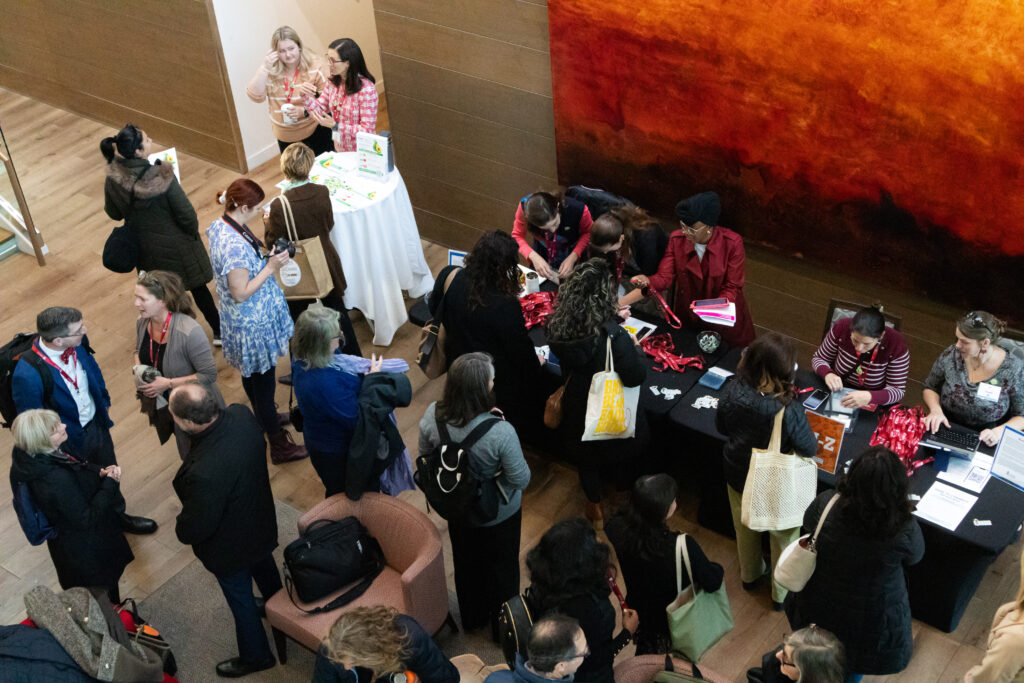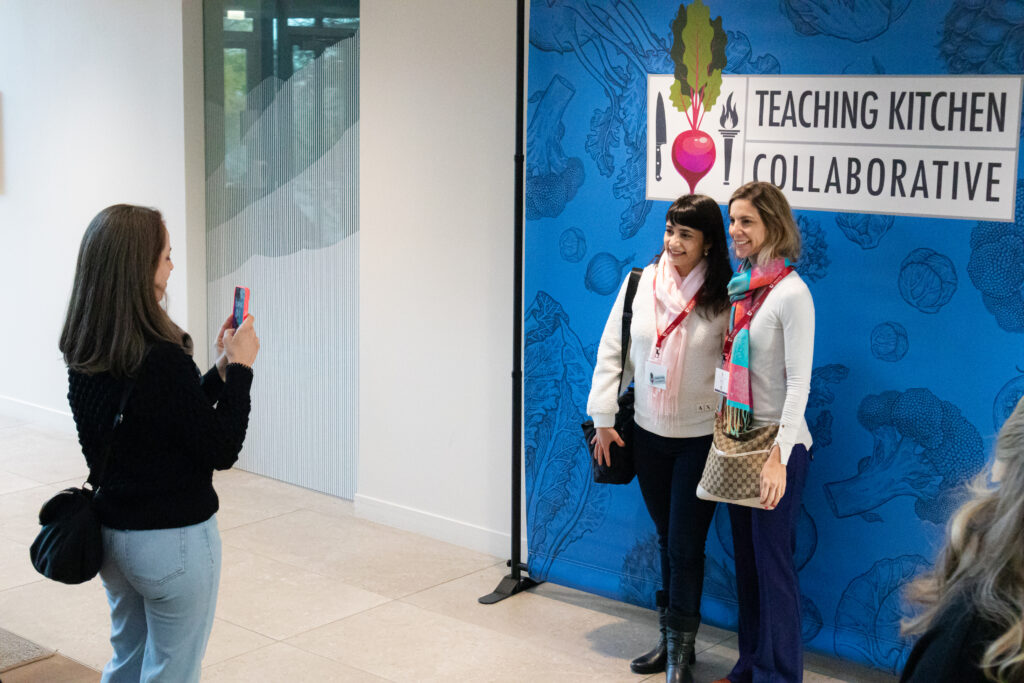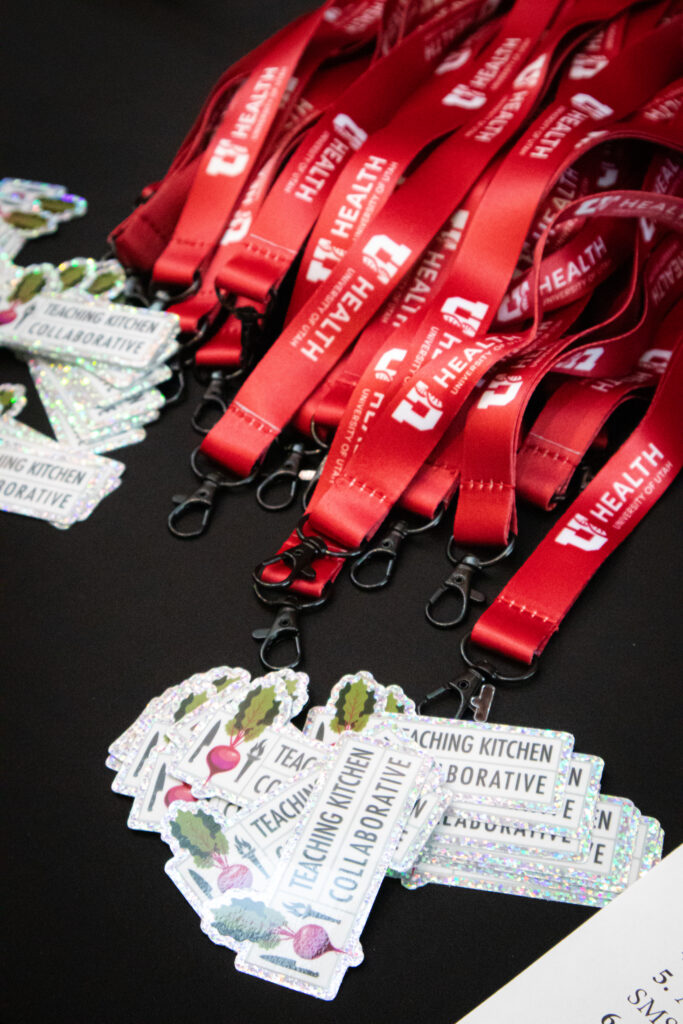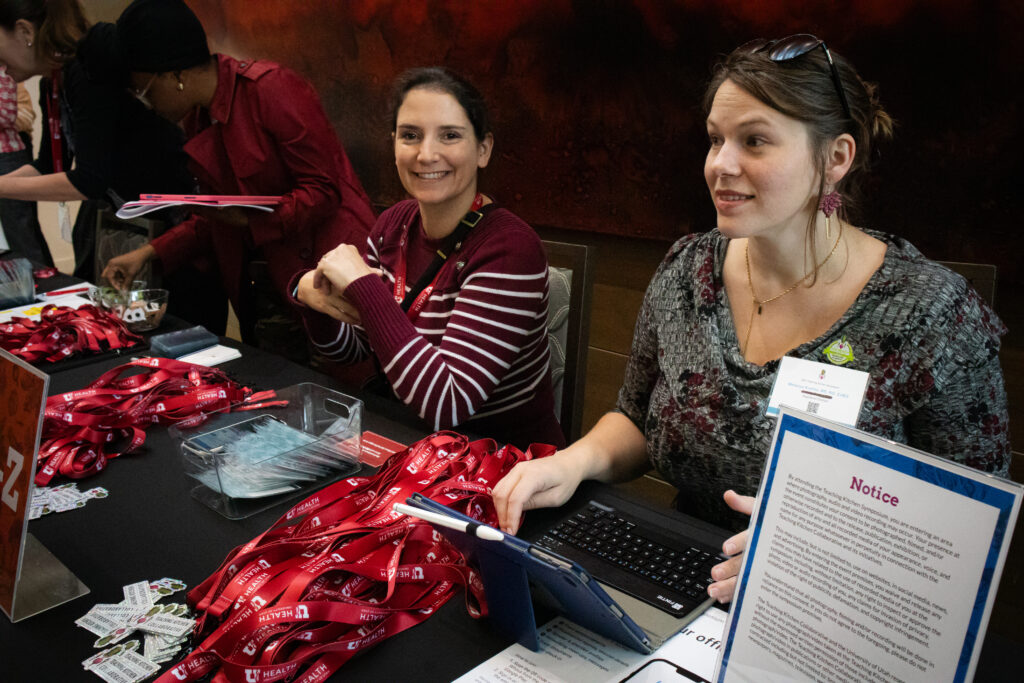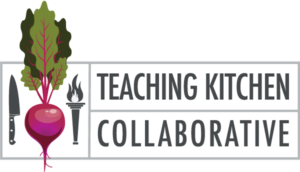
Symposium Recap
The inaugural Teaching Kitchen Symposium brought together 250 professionals from 40 states and 6 countries who are dedicated to advancing hands-on approaches to nutrition education and behavior change in teaching kitchen settings. Hosted by the University of Utah, a TKC Organization Member, this two-day continuing education featured a diverse lineup of expert speakers, invaluable networking opportunities, and engagement with local community and industry partners.
Participants benefitted from presentations, panel discussions, and interactive breakout sessions, gaining actionable insights on topics such as: leveraging community partnerships; the role of teaching kitchens within the broader Food is Medicine movement; incorporating mindfulness, movement and other lifestyle practices; elevating environmental sustainability; integrating technology for virtual or hybrid programs; exploring funding models that work; bringing cultural humility to the kitchen; evaluating programs; and more!
Click here to view the full program schedule.
For attendees looking for session resources or instructions on claiming CME/CPEU credits, please email us at info@teachingkitchens.org.
